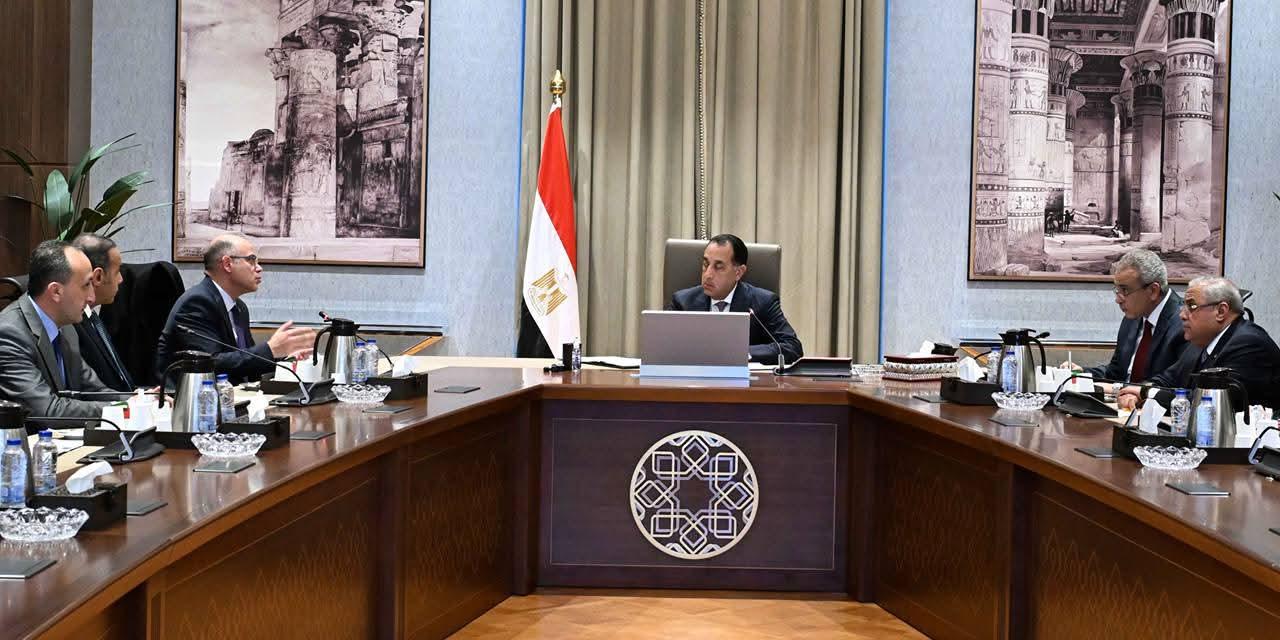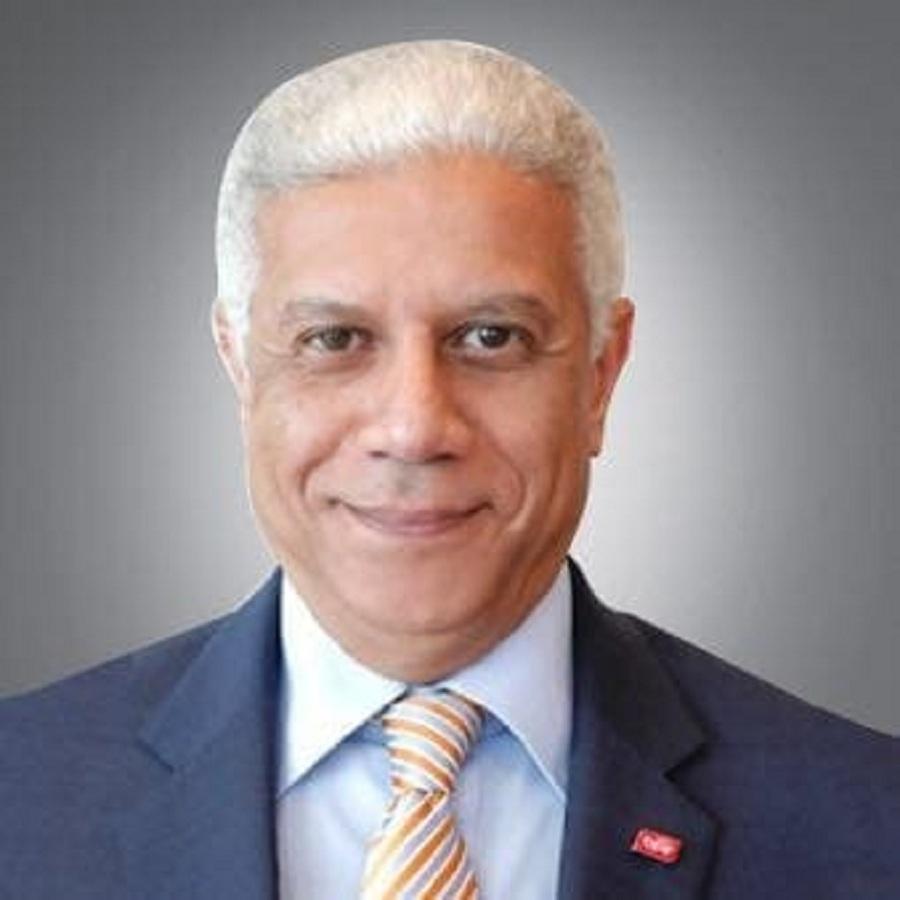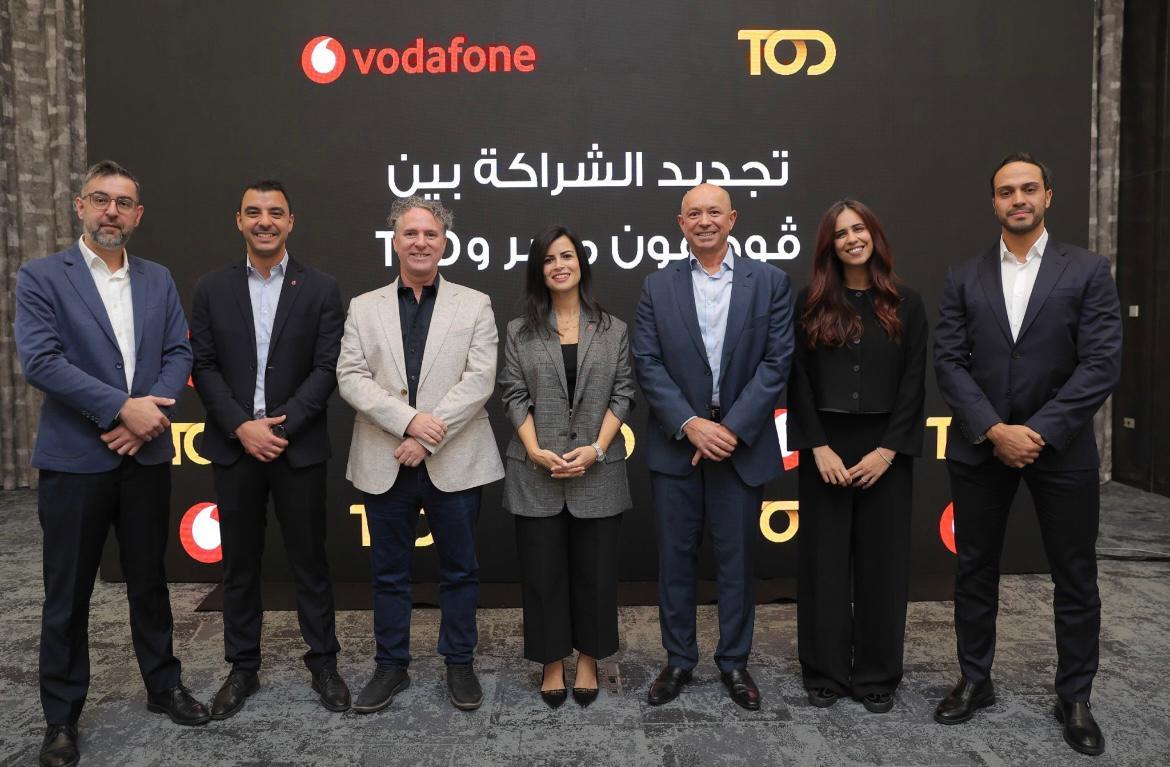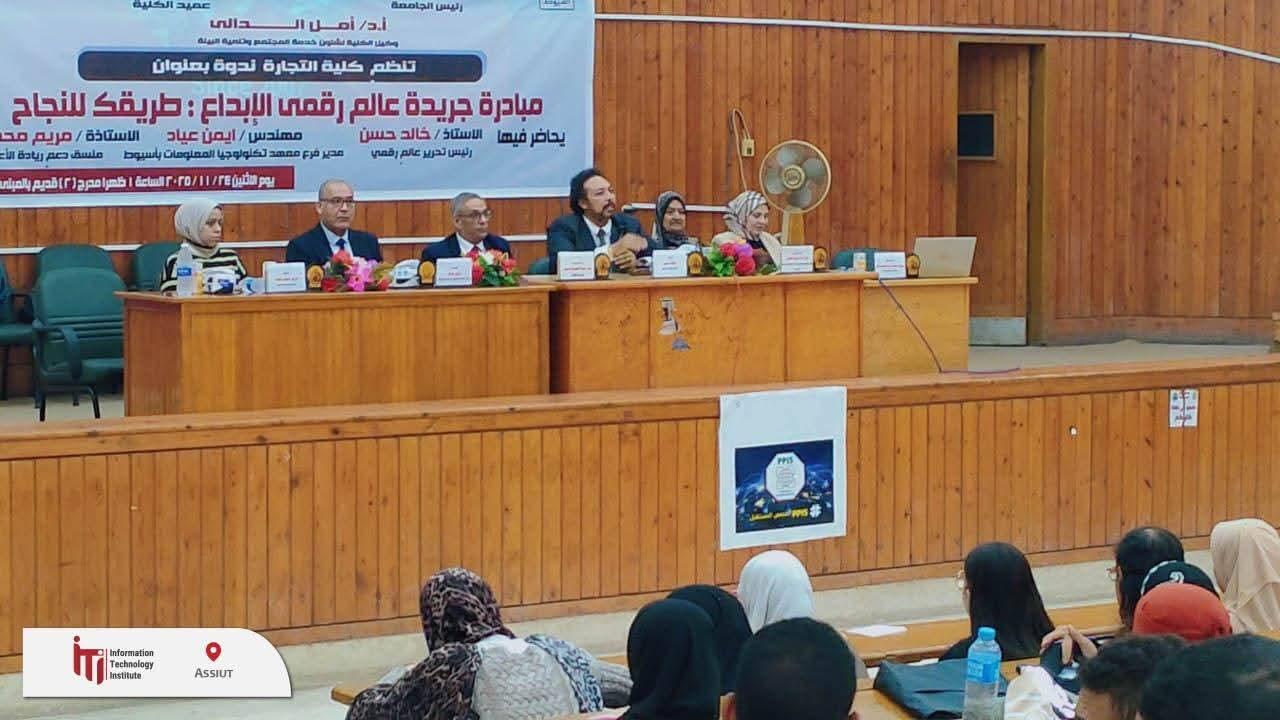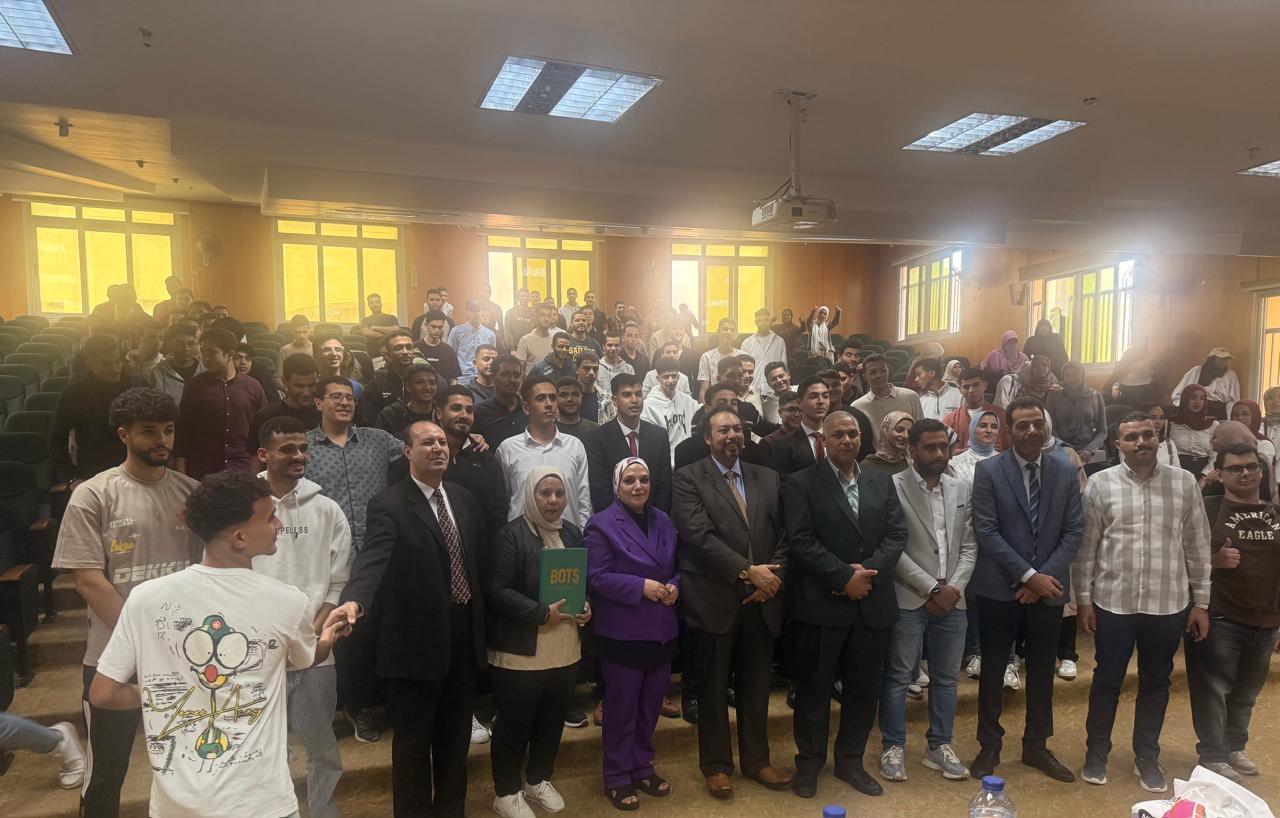Written by: João Carvalho
Head of SAP Concur Southern Europe, Middle East and Africa
Travel plays an integral role in generating new business opportunities, nurturing working relationships, and encouraging employee learning and development. But in 2025, it’s under greater scrutiny than ever.
Video calls and instant messaging have quickly taken precedence over in-person interactions. In the boardroom, executive leaders are tempted by the cost-saving and convenience of grounding employee trips to visit clients, conferences, and satellite premises. But employees say they’re still keen to hit the road.
According to new SAP Concur research, more than half (64%) of business travellers in the Middle East believe business travel is essential. A further 33% say it’s helpful to their jobs, while just 3% deem it unnecessary. But it’s not just views on the need for travel that differ. The seventh annual SAP Concur Global Business Travel Survey reveals clear generational differences in travel habits, priorities, and preferences among employees.
Spending habits while travelling for business
The vast majority of business travellers (94%) change their behaviour when they travel for work rather than leisure. Spending is a big area of divergence: 44% of travellers stay at higher-quality hotels or book premium rooms for work trips, while over half (53%) choose direct flights, even if they cost more.
Many also use private transport (38%) and dine at nicer restaurants (31%) than they would on personal trips. But travellers also look for ways to save — 35% eat cheaply, while 43% use personal payment cards to collect loyalty points or air miles.
Behaviour varies even more between generations. SAP Concur’s data shows there is no single ‘type’ of business traveller — rather, distinct groups whose spending and travel habits align closely with their age.
To illustrate, meet four fictional Middle Eastern business travellers:
Fatima, baby boomer: The frugal spender
Fatima, 64, is the Director of Sales for a well-known regional technology company. Fatima’s generation is the least likely to indulge in extra spending on the company card — yet they’re not stingy either. Around 56% of baby boomers spend more when travelling for work than for leisure.
Value matters to Fatima. Six in ten (62%) baby boomers willingly use their own money for travel upgrades, while 64% look for ways to save the company money by underspending on meals or expenses. Like 73% of her peers, Fatima is happy with how much she travels for work and knows when to moderate spending.
Omar, Gen X: The comfortable guest
Omar, 49, is a seasoned Communications Lead at a film distribution company. He represents Gen X’s approach: like 72% of his peers, he’s comfortable spending more on work trips than on personal ones.
It’s not just company funds, either — 74% of Gen X travellers spend their own money on perks like better seats or extra nights to avoid exhausting travel days. Omar is also mindful of costs: like 73% of Gen X, he looks for ways to cut back slightly on per diem spending.
Gen X is less satisfied (59%) than baby boomers with their amount of business travel. While the data shows they’re equally split between wanting to travel more (20%) or less (21%), Omar relishes the chance to hit the road and promote the studio’s latest release.
Yousef, millennial: The high roller
Yousef, 33, is a Marketing Specialist who embraces work trips in style. Millennials like him (89%) tend to spend more lavishly on work trips, enjoying upgraded rooms, room service, or extra tips.
Even if he can’t expense it, Yousef often pays out of pocket to upgrade his seat or hotel — 88% of millennials do the same. And like most travellers, millennials (87%) take opportunities to save by collecting loyalty points or miles.
Still, opportunities are limited: less than half of millennials (47%) are satisfied with how often they travel for work.
Layla, Gen Z: The budget maximiser
Finally, meet Layla, 22, an Influencer Relations Executive building her career in advertising. Gen Z travellers like Layla often spend more freely on company trips — 94% enjoy upgrades funded by their employers. But if the company doesn’t pay, they’ll often chip in themselves: 93% are happy to use their own money for a better experience.
While Gen Z staff are junior, they don’t shy away from spending — yet they also look for ways to save: 92% underspend on allowances or stash perks like loyalty points.
Layla prefers safer options, too — like 64% of Gen Z, she worries about air travel safety and is among the 19% hesitant to take trips that require flying. Gen Z is also the least satisfied generation when it comes to business travel — more say they travel too much (34%) than too little (24%).
The modern business traveller has many faces. Generational nuances challenge companies to design travel and expense policies that work for everyone, whether it’s a seasoned professional like Fatima or emerging talent like Layla. By introducing flexible approaches that balance business needs and employee preferences, organisations can help a globally mobile workforce get the best out of business travel












